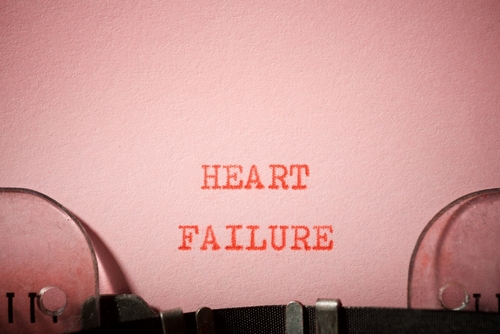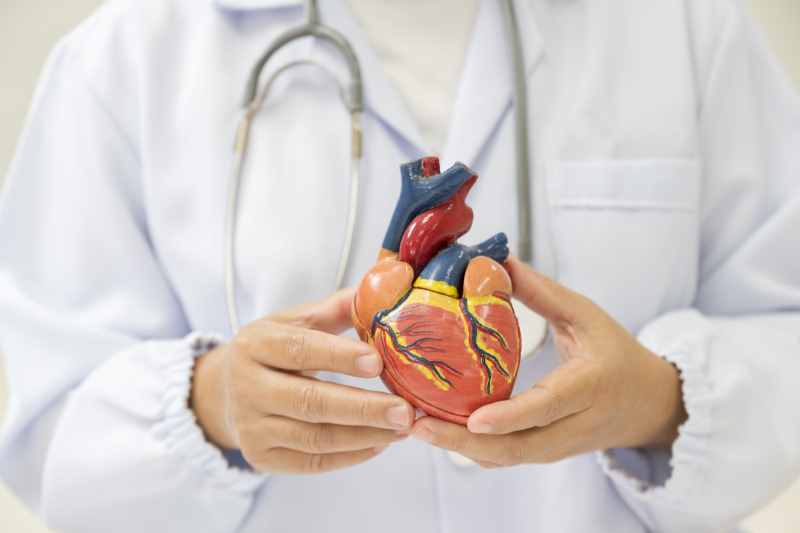
Chronic kidney disease is common among patients with heart failure (HF). The intersection of the two conditions is associated with a high risk of adverse outcomes. Therefore, kidney health is considered an important aspect of HF treatment. However, the incidence of clinically relevant kidney outcomes in HF has not been well studied.
A group of researchers led by John W. Ostrominski, MD, addressed this gap with a retrospective cohort study examining rates of incident dialysis and acute kidney injury among patients on Medicare after HF hospitalization. The findings were published in JAMA Cardiology.
Study participants comprised adults aged 65 years or older who were hospitalized across 372 sites between January 1, 2014, and December 31, 2018. The data source was the Get With The Guidelines–Heart Failure (GWTG-HF) registry, a quality improvement program at participating US hospitals that prospectively collects data on patients with a primary discharge diagnosis of HF. Patients needing dialysis during or before hospitalization were excluded from the study. The data were analyzed from May 4, 2021, to March 8, 2024.
The primary study outcome was inpatient dialysis initiation in the year after HF hospitalization. This information was ascertained by its connection to Medicare claims data. Secondary outcomes included other kidney events (readmission for dialysis or ESRD and readmission for AKI) and other clinical outcomes (HF readmission, all-cause readmission, and all-cause mortality). Cox proportional hazards regression models were used to study the covariate-adjusted association between discharge eGFR and 1-year postdischarge outcomes.
A total of 85,298 patients were included in the analysis. The mean (SD) age was 80 (9) years and 53% were women. The mean (SD) left ventricular ejection fraction was 47% (16%), the mean (SD) eGFR was 53 (29) mL/min per 1.73m2, and 54,010 participants (63%) had an eGFR less than 60 mL/min per 1.73m2. By 1 year posthospitalization, 7% of patients had progressed to dialysis or ESRD, 6% had progressed to dialysis, and 7% had been readmitted for AKI.
Patients with an eGFR of 60 mL/min per 1.73m2 or greater at discharge had lower rates of dialysis readmission compared to patients with an eGFR of 45 to less than 60 (adjusted HR [AHR], 2.16; 95% CI, 1.86-2.51) and compared to patients with an eGFR of less than 30 mL/min per 1.73m2 (AHR, 28.46; 95% CI, 25.25-32.08).
A lower discharge eGFR (per 10 mL/min per 1.73m2 decrease) was independently associated with dialysis or ESRD (AHR, 2.34; 95% CI, 2.24-2.44), a readmission higher rate for dialysis (AHR, 2.23; 95% CI, 2.14-2.32), and AKI (AHR, 1.25; 95% CI, 1.23-1.27). Findings were similar for HF readmission, all-cause readmission, and all-cause mortality. Baseline left ventricular ejection fraction did not affect the covariate-adjusted association between lower discharge eGFR and kidney outcomes.
In conclusion, older adults had a significant risk of kidney complications, readmission, and death within a year after HF hospitalization. The authors wrote, “These findings emphasize the need for health care delivery approaches prioritizing both cardiovascular and kidney health in this high-risk population.”
Source: JAMA Cardiology







 © 2025 Mashup Media, LLC, a Formedics Property. All Rights Reserved.
© 2025 Mashup Media, LLC, a Formedics Property. All Rights Reserved.